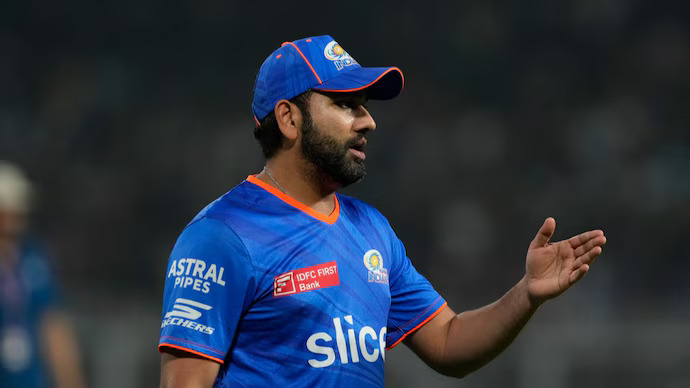Indian cricket stalwart Rohit Sharma recently raised his voice against the encroachment on the private lives of cricketers, shedding light on an alarming trend where personal conversations are recorded without consent and broadcasted for public consumption. This incident, involving a breach of trust by a prominent broadcaster, not only highlights Sharma’s frustration but also underscores the broader issue of privacy invasion in the realm of professional sports.
In a candid statement, Sharma expressed his dismay over the pervasive surveillance that cricketers endure, both on and off the field. He lamented the fact that every interaction, whether it be with friends, teammates, or during training sessions, is susceptible to being captured by cameras and subsequently thrust into the public domain. Despite his explicit request to refrain from recording his conversations, Sharma found himself a victim of privacy violation when his private discussions were aired without his consent.
This incident serves as a wake-up call, prompting reflection on the ethical boundaries that broadcasters and media outlets must respect. The insatiable appetite for exclusive content and heightened viewership should not come at the expense of an individual’s privacy and dignity. As Sharma aptly puts it, the relentless pursuit of sensationalism may eventually erode the trust between fans, players, and the sport itself.
Sharma’s stance echoes a broader societal concern regarding the erosion of privacy in the digital age. With advancements in technology enabling constant surveillance and data collection, individuals across various domains, including sports, grapple with the challenge of safeguarding their personal lives from undue scrutiny. The incident involving Sharma serves as a poignant reminder of the importance of upholding privacy rights, even in the seemingly public sphere of professional sports.
In light of this incident, it is imperative for stakeholders within the cricketing community, including players, administrators, and broadcasters, to reevaluate their practices and prioritize respect for individual privacy. Clear guidelines and protocols should be established to govern the recording and dissemination of personal conversations, ensuring that players’ consent is sought and respected at all times.
Rohit Sharma’s courageous stand against privacy breach in cricket serves as a rallying cry for greater accountability and ethical conduct within the sports industry. By advocating for the protection of personal privacy, Sharma not only defends his own rights but also champions a fundamental principle essential for preserving the integrity and dignity of professional athletes worldwide. It is incumbent upon all stakeholders to heed his call and uphold the values of respect, integrity, and fair play that lie at the heart of the game.


